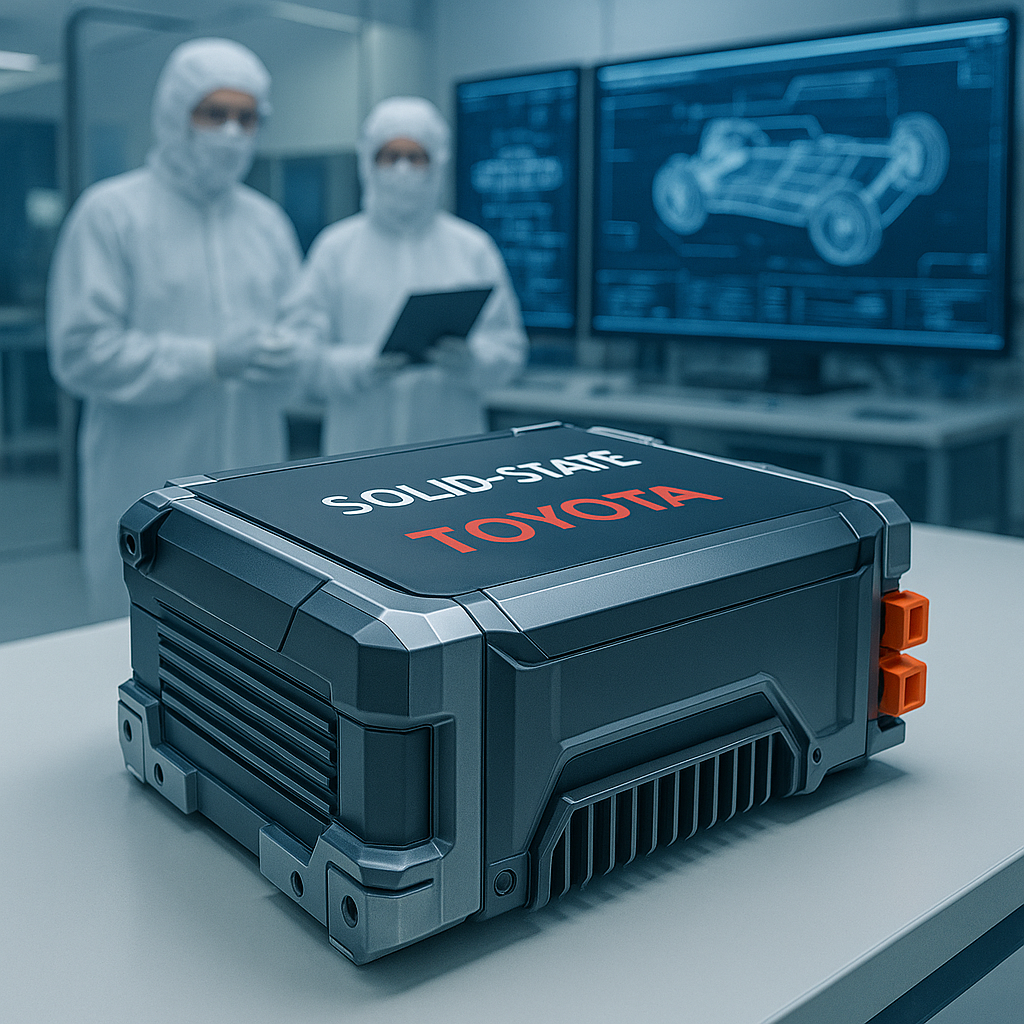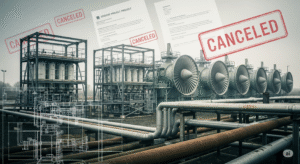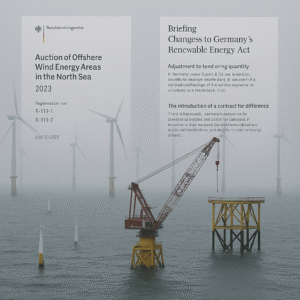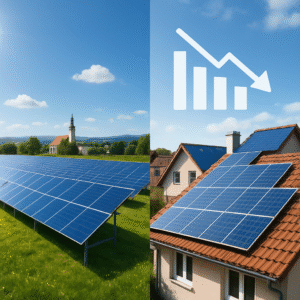July 17, 2025, Tokyo Toyota has announced a breakthrough in battery technology, unveiling a production-ready solid-state EV battery capable of delivering up to 1,200 kilometers (745 miles) of driving range on a single charge and recharging in just 10 minutes. The announcement was made during a press event held at the company’s advanced battery research center in Aichi Prefecture.
This marks one of the most significant advancements in electric vehicle (EV) battery design in recent years and positions Toyota at the forefront of next-generation EV performance and efficiency.
Battery Technology Details
- Energy density: 900 Wh/L, nearly double that of today’s lithium-ion cells
- Charging time: 10 minutes (10 to 80 percent)
- Cycle life: 1,000+ full charges with minimal degradation
- Thermal management: Advanced ceramic separators reduce overheating risk
- Electrolyte: Fully solid-state, eliminating flammable liquid components
The solid-state battery uses a lithium-metal anode and a proprietary sulfide-based solid electrolyte developed in-house at Toyota’s Giga-Battery Lab.
Launch Timeline
The first vehicles featuring the solid-state battery will debut under Toyota’s luxury brand Lexus in 2027, with wider rollout across Toyota EVs in 2028. Pilot production lines are currently being scaled at the company’s Motomachi plant, with support from Panasonic and Prime Planet Energy & Solutions.
Regulatory safety testing in Japan, Europe and the US is underway, with international homologation expected to complete by Q4 2026.
Industry and Market Impact
The announcement is expected to reshape competition in the EV sector. Tesla, BYD and Volkswagen have all invested in solid-state research but are still in the prototyping phase. Toyota’s announcement marks the first production-ready design publicly confirmed by a major automaker.
“This battery solves three major problems in EVs: range, charging time and safety,” said Takero Kato, President of Toyota’s EV division. “It allows mass adoption without compromise.”
Environmental Benefits
The solid-state battery is also expected to reduce CO₂ emissions from battery production by 35 percent due to fewer mining-intensive materials and lower thermal processing requirements. Toyota has pledged that its solid-state battery supply chain will be carbon neutral by 2030.
Conclusion
With its production-ready solid-state battery, Toyota is making a bold statement about the future of electric mobility. If commercial deployment succeeds as planned, the EV landscape may shift dramatically, accelerating the global transition away from combustion engines.
Sources: Toyota Global, Reuters Auto, Green Car Congress




